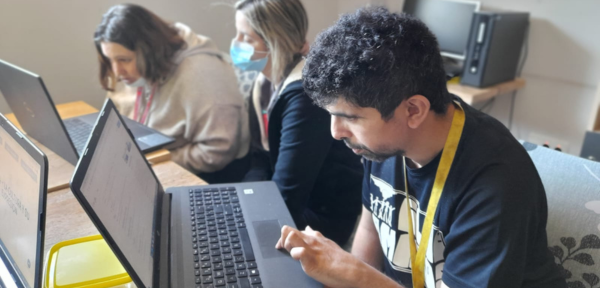education
Overview
According to the OECD, one fifth of students may develop a special educational need during their schooling years. The need for inclusive education, which is also described in the UN Convention on the Rights of Persons with Disabilities as a fundamental right, is therefore indisputable.
Numerous pieces of legislation, such as Articles 4 and 24 on Education and Universal Design of the abovementioned UN Convention on the Rights of Persons with Disabilities and the Salamanca Statement on Special Education (1994) were agreed on to ensure high-quality education to persons with disabilities throughout their entire lives.
Nevertheless, in many European countries learners with disabilities still cannot attend mainstream schools with their peers; this is either due to a lack of staff training and knowledge, a shortage of adequate equipment to attend to students with disabilities’ special needs, or negative prejudices towards the skills of such learners. EASPD is convinced that fully inclusive education can be achieved through strong leadership at national and EU level and a shift of attitude of local education systems.




